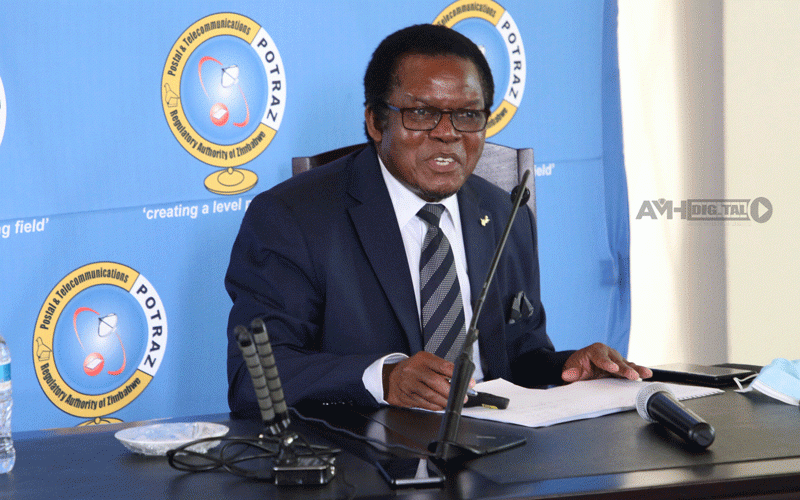
GOVERNMENT has directed the Postal and Telecommunications Authority of Zimbabwe (Potraz) to protect consumers from being fleeced through high data costs.
The call by ICT, Postal and Courier Services minister, Tatenda Mavetera, comes days after Potraz director-general Gift Machengete attracted brickbats over his remarks in Parliament that the cost of data in Zimbabwe was among the cheapest in the region.
Machengete was accused of lying, with critics arguing that Zimbabwe has the most expensive data and the worst network coverage in the region.
This is amid growing calls for the government to allow Starlink to operate in the country.
“We are calling upon Potraz to intervene so that they protect the consumer,” Mavetera said during the Artificial Intelligence Report launch in Harare on Wednesday.
“The inadequate communication infrastructure, especially for people with special needs, is a great hindrance when it comes to access.”
She said the government was concerned about the poor network and connectivity challenges across the country.
“As a responsive government we have, therefore, devised strategies to mitigate these challenges,” she said.
- Don’t leave boys behind, says Potraz boss
- Don’t leave boys behind, says Potraz boss
- Potraz sweats over tariff hike
- Potraz sweats over tariff hike
Keep Reading
“We want to make WiFi more freely available including for educational use and ensure affordability by addressing internet access issues.
“We have actually proposed, together with Potraz, to say we are also looking at us having free WiFi zones even in hospitals. This is the way to go,” she added.
Potraz last year reviewed tariffs thrice as telecommunications companies complained of losses because of exchange rate distortions and a free falling local currency.
A February 2022 report by the Zimbabwe Coalition on Debt and Development titled A Pricing Cap on Data Tariffs Now Critical to Protect the Poor explained that the problem was that the telecommunications and internet sector was dominated by monopolistic interests.
Mavetera said there was need to prioritise development of a robust ICT infrastructure and fostering an environment that encourages innovation and entrepreneurship for the economy to be optimally digitalised.










